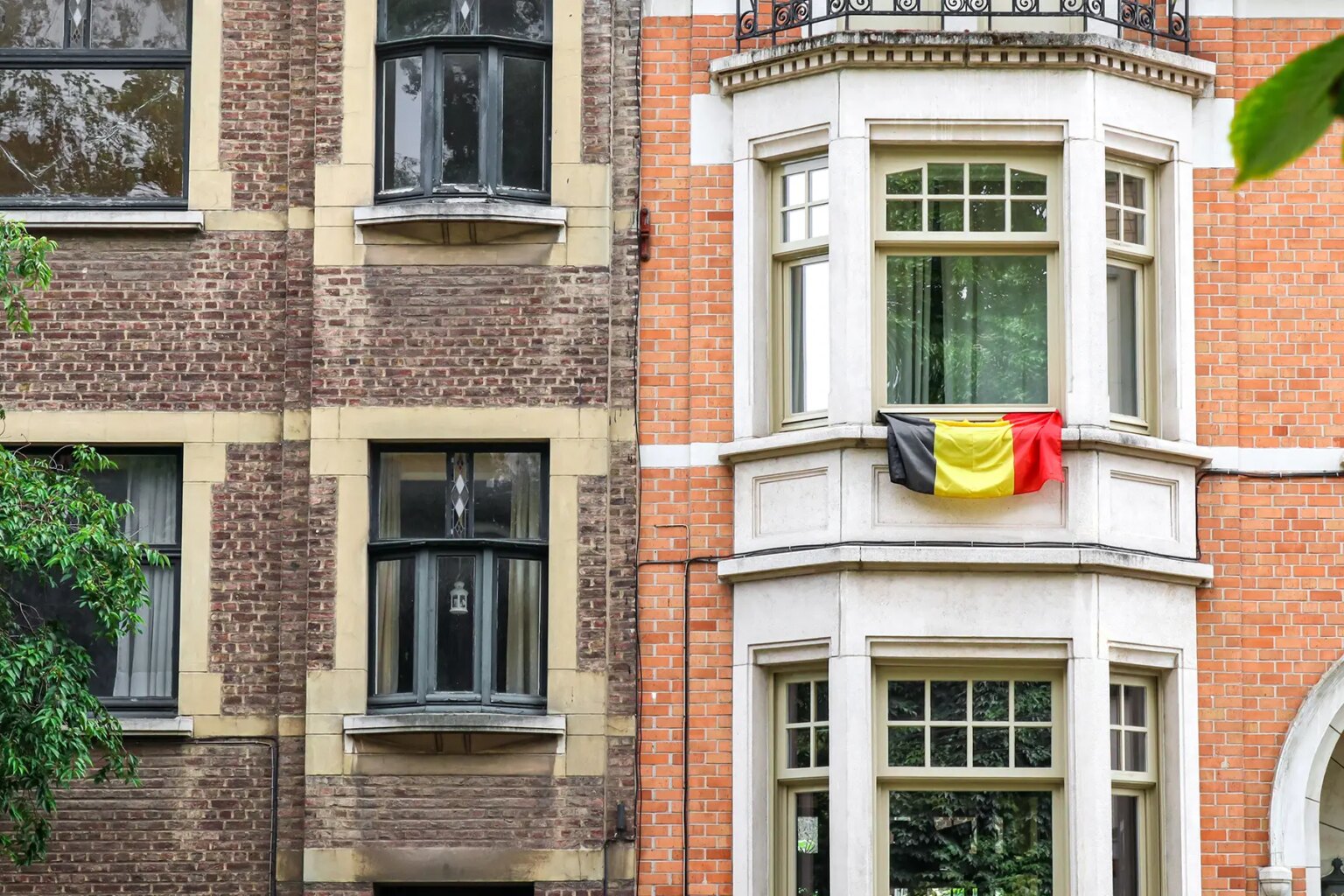When it comes to relocating to the continent, the picturesque country of Belgium is undoubtedly one of Europe’s hidden gems. From the sweeping beaches of the Belgian coast to the lush hills of the Ardennes, there’s a whole lot of Belgium to fall in love with. And that’s without exploring the country’s eclectic capital, Brussels, or one of its many other intriguing cities with a waffle or paper cone of frites in hand.
If you’re dreaming about starting a new life in Ghent, Genk, or any of the other great Belgian towns or cities, there are a few things you need to consider. As with any move abroad, you’ll need to think about Belgian visa requirements, school options for your little ones, and much more. To give you a headstart on what you need to think about, though, this helpful checklist includes everything you need to know about moving to Belgium.
- Do your research
- Decide where you want to live
- Sort out your Belgian visa
- Move your belongings to Belgium
- Arrange your pet’s move to Belgium
- Think about getting Belgian health insurance
- Start looking for a job
- Sort out your finances
- Find somewhere to live
- Look into Belgian education
- Get an International Driving Permit
- Learn the local languages
- Indulge in some Belgian culture
ING
Trust ING for your banking in Belgium. One of the country’s big 4 banks, they provide a wide range of services, including bank accounts, savings, loans, investments, insurance, and more. With tools to compare and calculate your options, they help you make the right financial decisions. Visit ING online and let your money go further.
Do your research
Belgium might not be the first place you envisage when thinking about starting a new life abroad. However, with its quaint medieval cities, excellent beer culture, and stunning scenery, the country offers plenty for expats. But if you’re considering moving there, then it’s essential that you look past all the waffle(s) and find out what everyday life in Belgium is really like before diving straight in.

Your research into Belgian life should cover everything from the general cost of living and the price of groceries at your local supermarket to the quality of schools in your neighborhood. You might also want to connect with members of the local expat community in the area you are moving to. To give you a running start with your research, check out these articles:
Decide where you want to live
Once you’ve done some research and realized just how much you want to move to Belgium, you’ll need to start thinking about where to live. For some expats, this will be decided for them due to family or employment commitments. However, if your options are open, then it’s important to give plenty of thought to where you want to end up. After all, it’s soon going to be your brand-new home.

Despite its relatively small size, Belgium has plenty of options for new arrivals. Most expats will be drawn to the lively capital, where the most English-speaking job opportunities can be found. However, outside of Brussels, cities such as Ghent, Antwerp, and Liege are increasingly popular with internationals. If you’re looking for something a little quieter, however, then you may be tempted by the Belgian coast or the beautiful Ardennes region which lies to the east of the country. For more information on your options, read our guide on where to live in Belgium.
Sort out your Belgian visa
Once you’ve decided on Belgium and chosen where you want to live, it’s time to work out your visa requirements. Belgium is a member of the European Union (EU), which means that citizens of other EU member countries have the right to move there under the Freedom of Movement Act. UK citizens wishing to relocate to Belgium, however, are no longer able to exercise this right, following the UK’s exit from the EU in 2020. For more information on the latest requirements for UK nationals, visit the Office des Etrangers.

If you’re not from an EU/EEA country, on the other hand, then you may need a visa to even enter Belgium for a short period of time. However, the requirements depend on your nationality, how long you plan to spend there, and what you intend to do. Therefore, it’s important to make sure you check ahead of time to avoid any disappointment. For more information on what you’ll need, read our guide to visas and immigration in Belgium.
Move your belongings to Belgium
One of the most important aspects of moving abroad is working out how to transport your belongings to your new home. This process will largely depend on where you are coming from and whether they can be driven or shipped. Some expats find international removals a daunting task, so make sure you start early and give yourself plenty of time to pack things up ahead of the move.
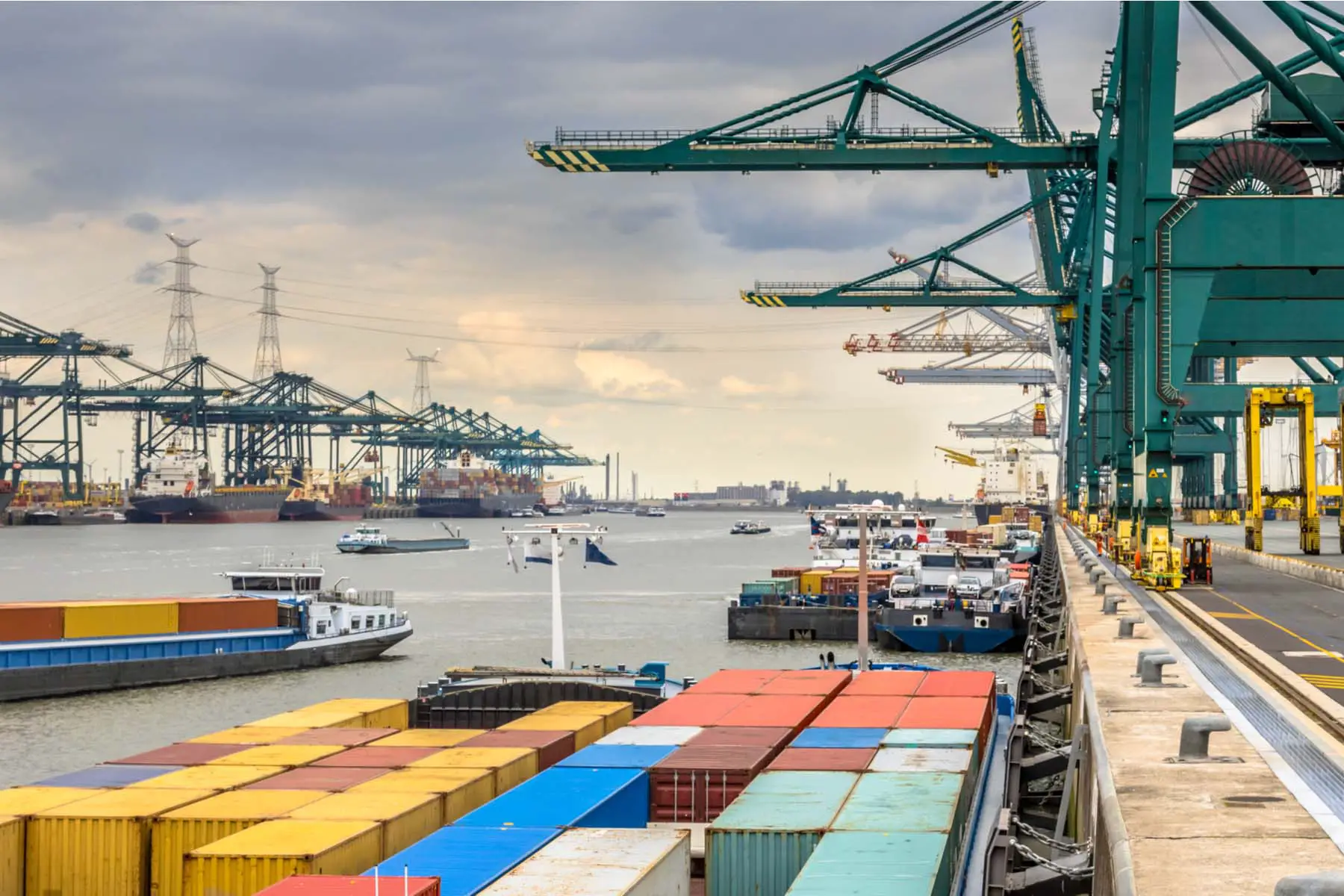
Getting your belongings across borders and oceans can seem like a challenge, but it doesn’t have to be. Many expats prefer the security of using a global relocation company. Some of the leading relocation companies serving Belgium include the following:
These are experts in personal and corporate relocations and should be your first port of call when you move. They also provide storage options which can be a great help if you don’t already have a home arranged in Belgium.
Arrange your pet’s move to Belgium
Belgium is a great place for pets of all shapes and sizes. Whether you have a dog that will love running along those sweeping Belgian beaches or a cat that will enjoy exploring the rooftops of Liège, they certainly won’t be bored. But if you want to bring a pet into Belgium, then sorting out their needs should be high on your checklist for moving to Belgium. Just be prepared for the fact that the process can be a lengthy one, especially if you are arriving from a non-EU country. Because of this, it makes sense to start sorting things out early.

While it’s important to know the rules and requirements for importing a pet into Belgium yourself, there are also plenty of options to help you sort things out. Many global relocation companies, for instance, can help arrange every step of your pet’s journey; from getting the right paperwork to arranging any accommodation your furry friends might need along the way. And while the journey might be a little stressful for your pet, you can rest assured that they will soon fall in love with their new home in Belgium.
Think about getting Belgian health insurance
If you’re planning to stay in Belgium for longer than a few months, then you’ll need to sign up for health insurance when you arrive. This will typically mean registering for Belgium’s health insurance scheme or providing evidence of private health coverage. Many expats choose to then top-up this coverage with additional private cover. However, to make things easier, you can also sign up for international health insurance before you set foot on Belgian soil.
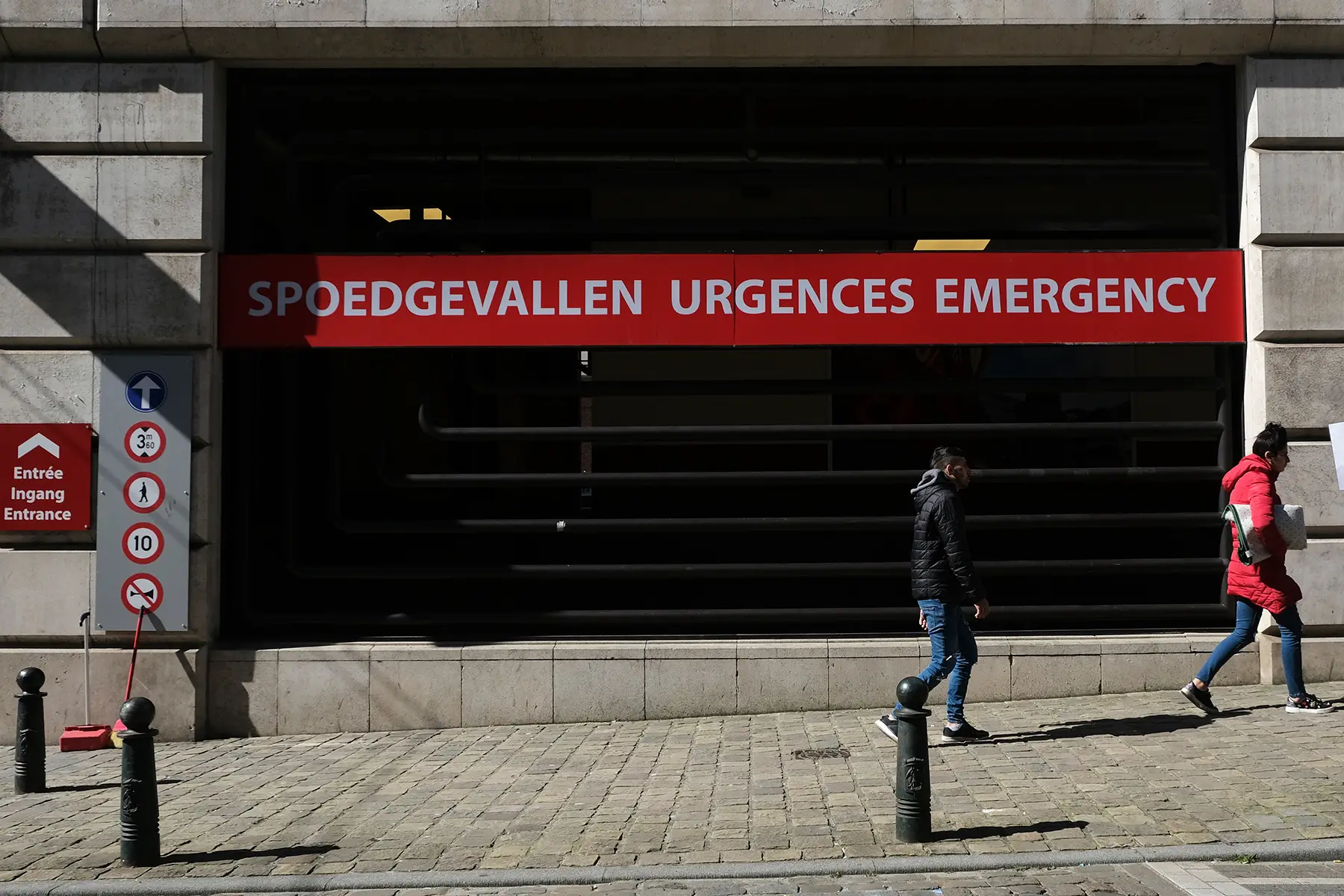
There are a number of global health insurance providers that offer expat-friendly products, including the following:
Sorting out your health insurance coverage ahead of time can give you and your family peace of mind during your first week in Belgium. This can be particularly important if any of you have an underlying medical condition. Citizens of EU/EEA countries should also ensure that they have a European Health Insurance Card (EHIC) before they travel as this can also cover you for any emergency health services.
Start looking for a job
Some expats moving to Belgium will already have a job secured before they even set off on their adventure in the Low Countries. However, for many others, relocating to Belgium means diving straight into the local job market. If this sounds like you, then make those first few weeks in Belgium a little easier by starting your job search before you even make your move.

Generally speaking, the Belgian job market varies quite significantly throughout the country. If you’re looking for English-speaking roles, for instance, then your best bet is Brussels. That said, you will also find opportunities in other towns and cities across Belgium. If your French or Dutch is better than the phrasebook, however, then you’ll find a lot more options out there. Regardless of your language skills, though, you should start your job search in Belgium on the right foot and ensure that your resume is written for the local market.
Sort out your finances
If you’re relocating to Belgium, it’s important to have a good idea of your financial situation throughout the process. After all, even when trying to keep costs down wherever possible, you’ll be surprised by just how quickly your money disappears. As any seasoned expat will tell you, there are always additional payments and costs that even the most well-planned relocation doesn’t account for.
To ensure that you keep costs to a minimum when transferring funds overseas, you’ll need to use an online money transfer platform. These can be a great way to avoid bank charges while moving money across to Belgium. This is also a good way to tide you over until that all-important first paycheck. Some of the leading money transfer services include:
It’s also a good idea to start researching Belgian bank accounts. International banks such as ING offer a range of financial services in Belgium.
For more information, read our guide to making international money transfers.
Find somewhere to live
Is your dream Belgian home an elegant townhouse on the waterfront? Or maybe it’s a cozy apartment in the medieval streets of Ghent or Bruges. Whatever that perfect new home looks like, you’ll probably need to find some short-term accommodation for your first few weeks in Belgium. This is typically the easiest accommodation to secure and will also give you time to work out where to live in Belgium.
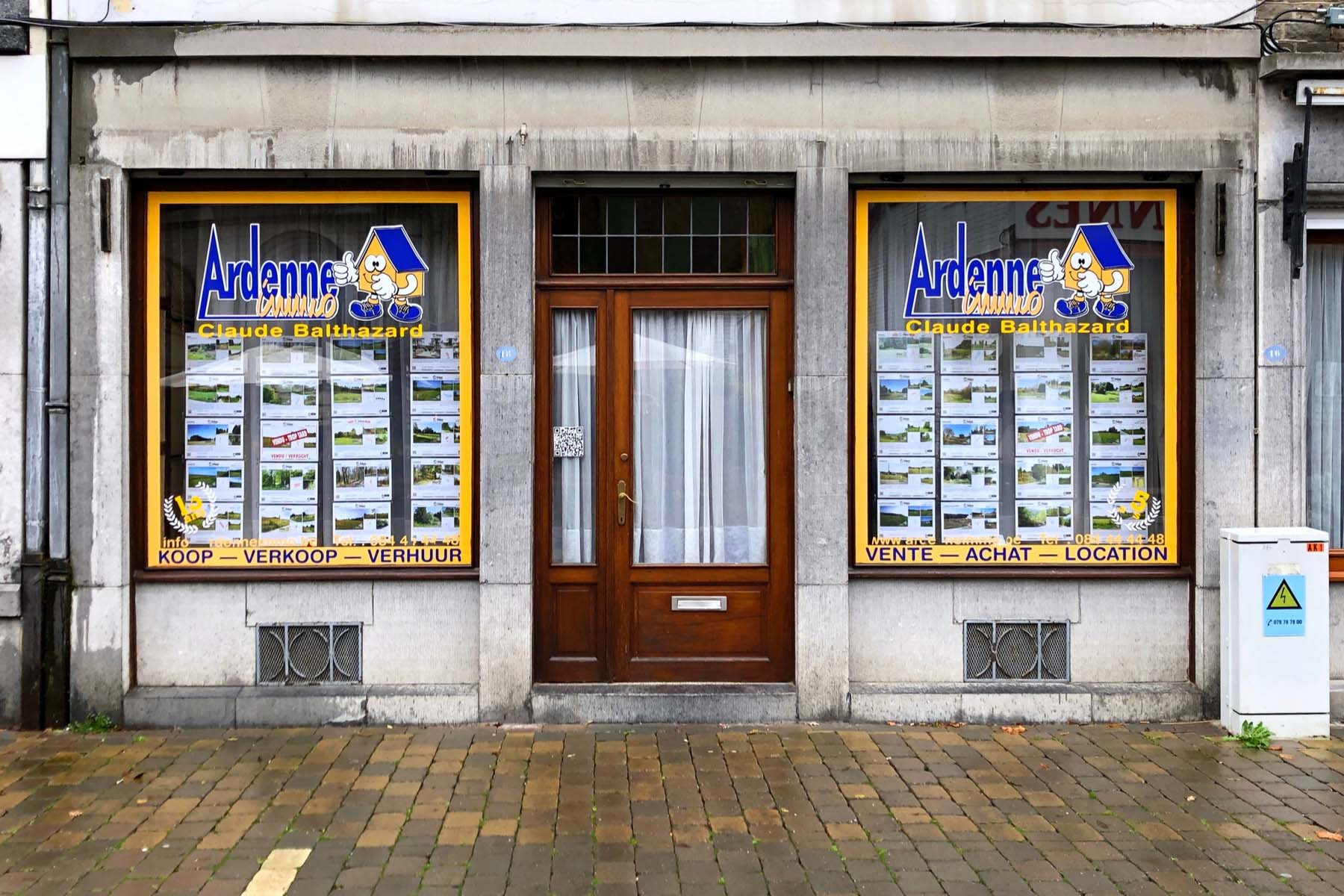
Some expats may have accommodation sorted by their new employer when they arrive in Belgium. For the vast majority, however, this isn’t the case. If you’re in need of somewhere temporary, therefore, a serviced apartment can be a great option for the first few weeks or months. Alternatively, you might find longer-term leases on online accommodation portals. This will also give you time to sort out your next move and decide whether you want to rent or buy a property in Belgium.
Look into Belgian education
If you’re moving to Belgium with children, then sorting out a new school for your little ones will probably be high on your to-do list. Generally speaking, you have the choice between public and private schools in Belgium. Although public education is available for all residents in Belgium, as you might expect, the systems vary significantly between the Dutch, French, and German-speaking communities. You can read more about this in our guide to the education system in Belgium.

Many parents moving to Belgium will choose to enroll their children in local private or international schools. While these can be a better alternative for older children, just be aware of the financial requirements before signing up for anything. As prices can fluctuate significantly between schools, it really pays to do your research. You may also want to look into Belgian pre-school options if you’ve got kids that aren’t quite school-age.
Get an International Driving Permit
As long as you are over 18 and have a valid driving license, you should be able to legally drive in Belgium. If your license is issued by an EU/EEA country, you’ll also be able to use your existing license indefinitely. That said, you may prefer to swap it for a local license. For more information on this, read our guide to getting a driving license in Belgium.
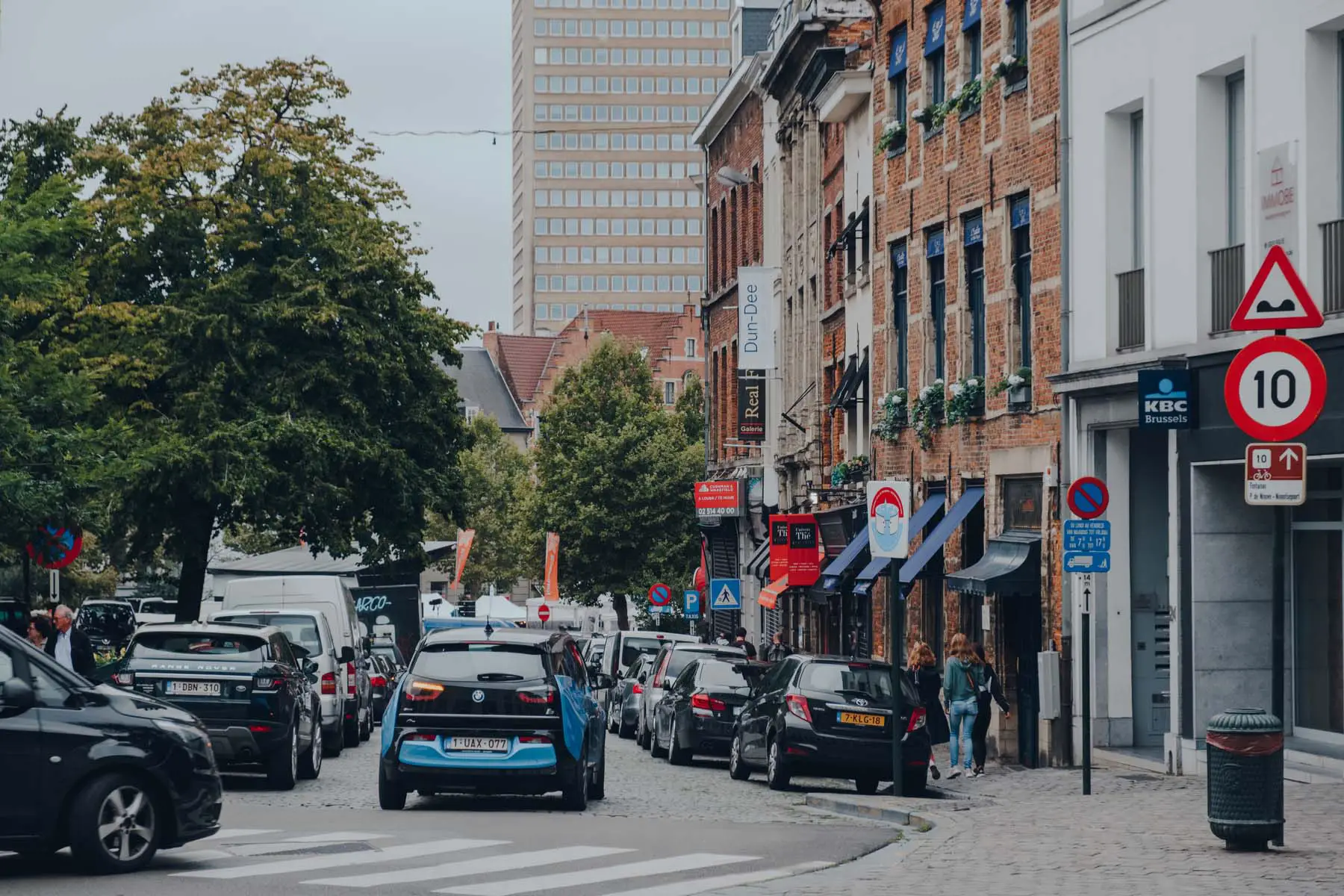
For non-EU/EEA nationals, you’ll probably want to swap to a local driver’s license as soon as you’ve received your Belgian identity card. This is because you’ll probably need to accompany it with an International Driving Permit, which allows you to drive legally in Belgium. Notably, these are typically much easier to obtain in your home country, so make sure you apply well ahead of time to avoid getting stuck in first gear.
Learn the local languages
This might sound obvious, but if you’re thinking about moving to Belgium, then you should take some time to brush up on the local language of your chosen destination. Belgium is split into three regions linguistically: Dutch-speaking Flanders, French-speaking Wallonia, and a small German-speaking community in the far east of the country. It goes without saying that you should learn the language of the region you plan to call home.

Fortunately, there are plenty of ways to learn some French, Dutch, or even German at your own pace. This includes downloading easy-to-use apps such as these:
Of course, there is also the old-school method of actually going to a classroom and opening a textbook. You can check online to find the nearest language schools near you so that you’re fully ready to embrace the culture and language before you even move to Belgium. And once you arrive, there are plenty of language schools to choose from in the country, too.
Indulge in some Belgian culture
Can’t wait to embark on all those exciting Belgian adventures? Then why not give yourself a sneak peek of what life is like in the Low Countries by dipping your toes into the local culture? There are loads of ways you can do this, wherever you are in the world. For instance, why not start in the kitchen? After all, Belgium has a rich culinary heritage, and who doesn’t love waffles, frites, and beer?

If cooking isn’t your thing, though, you can always explore your new home in other ways. For example, there are plenty of great Belgian movies to check out and the country boasts a rich comic book history that you can dive into. And, of course, there’s a whole world of Belgian content right here on Expatica. Whether you’re interested in Belgian supermarkets, the shopping in Belgium, or the best spas in the beautiful Ardennes, we’ve got you covered.
